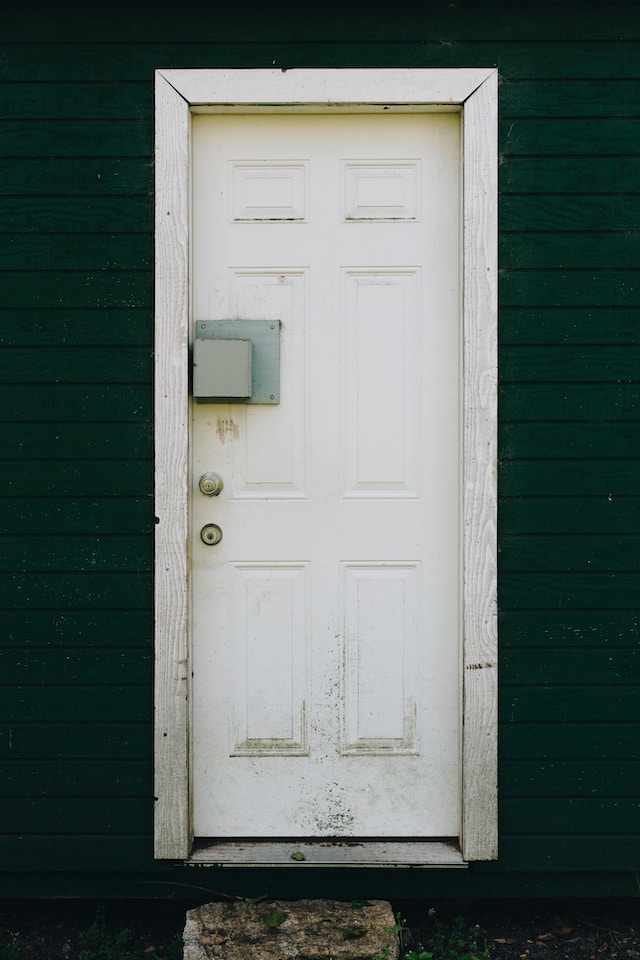Colored with scrolling
Try scrolling the rest of the page to see this option in action.
Try scrolling the rest of the page to see this option in action.

Renting a property in Canada can be a straightforward process, but both landlords and tenants often have questions concerning landlord entry rights. With legislation differing across provinces and territories, understanding these rights from a national perspective requires insight. Having a clear grasp of these laws not only keeps the landlord-tenant relationship amicable but also ensures legal compliance.
Landlord entry rights in Canada are primarily regulated by provincial and territorial legislation, not by a national or federal statute. This means that while there are some commonalities, the specifics might differ depending on where you are located.
A consistent feature across Canadian jurisdictions is the requirement for landlords to provide tenants with notice before entering their rented premises.
Typically, this notice:
In Canada, the sanctity of a tenant’s private space is recognized and protected by law. As a result, landlords cannot arbitrarily enter a tenant’s unit. There must be concrete and legitimate reasons for doing so. While these reasons may slightly vary based on provincial or territorial statutes, there are several universally accepted justifications:
While landlords do have rights of entry, this does not override a tenant’s right to privacy. Tenants can contest an entry if they feel their privacy is being unduly infringed upon. If conflicts arise, consulting with a legal professional or a landlord tenant lawyer can offer clarity.Locking out a tenant or changing locks without providing them with a key is strictly prohibited in many jurisdictions across Canada. Unless ordered by a court or there’s an emergency, a landlord generally cannot deny a tenant access to their rented space.
Real estate law encompasses more than just buying and selling properties. When it comes to landlord entry and access rights, the expertise of those familiar with real estate law is invaluable.
A landlord tenant lawyer can guide landlords in navigating complex situations, ensuring they don’t unknowingly infringe upon tenant rights. Similarly, for tenants feeling that their rights have been violated, a consultation with such a legal professional can offer direction on the next best steps.
Moreover, real estate professionals who are well-versed in the nuances of rental regulations can act as mediators in potential conflicts. Their understanding can ensure smoother communication and adherence to the law.
Just as with many areas of the law, the rules and regulations concerning landlord entry rights can be intricate and are subject to periodic changes. For landlords and tenants alike, keeping abreast of these changes is not just recommended, it’s imperative. While websites of provincial and territorial governments and local landlord or tenant associations are valuable resources, having a legal professional by your side offers unparalleled advantages.
Legal professionals, especially those specializing in landlord-tenant relations, bring deep expertise and understanding of the nuances within these regulations. They can interpret complex legal jargon, making it more digestible for their clients, and provide timely updates on any shifts in the legal landscape.
Understanding landlord entry and access rights in Canada is crucial for a harmonious landlord-tenant relationship. By respecting these regulations, landlords can ensure they are operating within the bounds of the law, and tenants can feel secure in their rented homes. Whenever in doubt, it’s always a good idea to consult a legal professional familiar with real estate law to ensure clarity and compliance.
Back to blogs